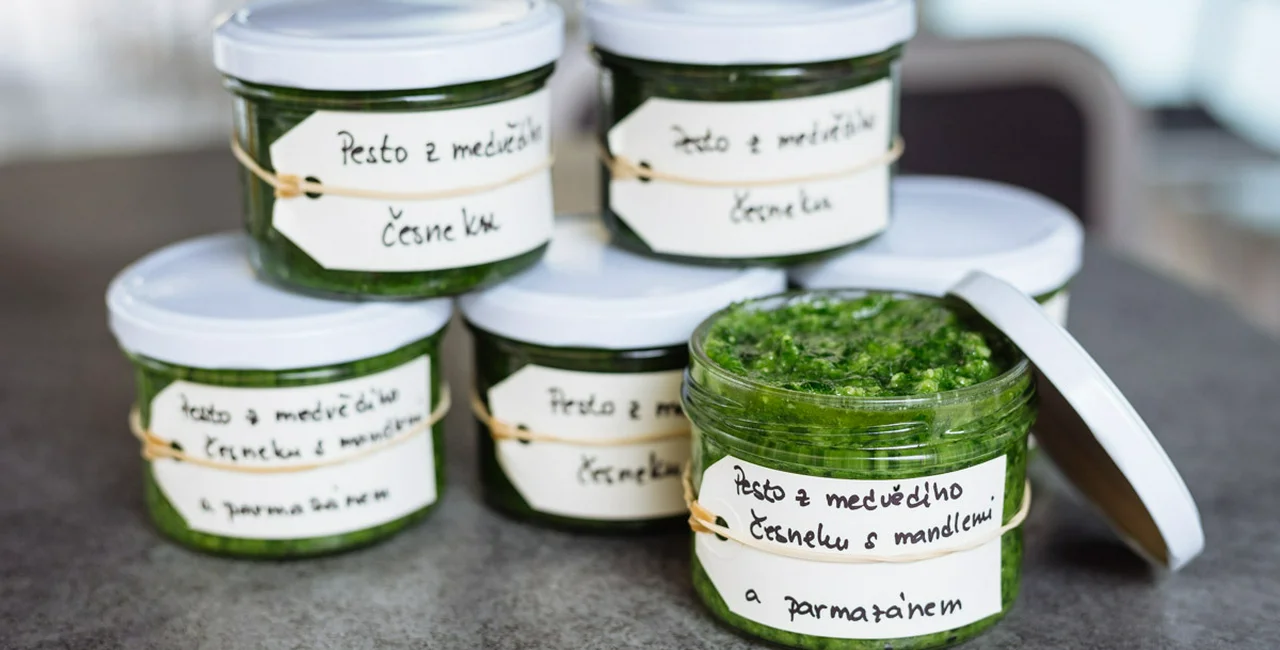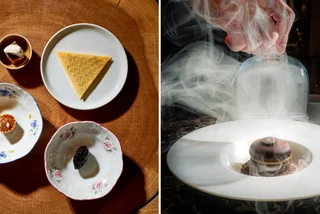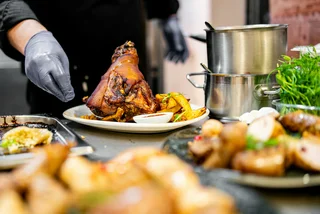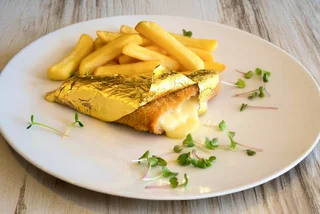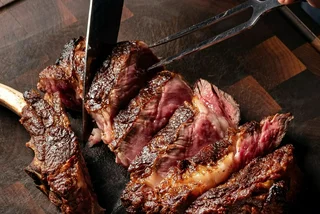As spring approaches, Czechs go foraging for the first shoots of the season. Wild garlic (česnek medvědí or bears’ garlic in Czech) is a popular plant both for home chefs and in professional kitchens. A versatile herb that can be made into a pesto or sauces, pickled in oil, or added fresh to pasta or risotto, picking wild garlic is also an experience in itself. Here, Ambiente chefs share ideas for incorporating it into the menu this spring.
Chef's tips
- The best time to collect wild garlic is at the very beginning of spring, in mid- to late March.
- Fresh leaves are great for pesto. When made in oil, which acts as a preservative, they will remain edible until next spring.
- The leaves also add flavor and depth to soups and sauces; feel free to add not only leaves but also stems to your dishes.
- Wild garlic gives zest to dips and mayonnaise, makes potatoes taste wonderful, and is excellent with lamb.
- It's not as aromatic as regular garlic, so you can also eat it raw on bread with butter for example.
Make classic sauces special with wild garlic
Young leaves can be chopped into beurre blanc, hollandaise, or velouté sauces, into mayonnaise and ketchup, but also into dumplings, roasts, or bread dough, or into ravioli and meatballs. Even older leaves are not lost in the kitchen - they lend flavor to stewed vegetables and sauces, just boil them for a short time, the way you would bay leaves.
Add garlic leaves to foods just before serving
In risotto, wild garlic goes well with asparagus or morels, in pesto it goes particularly well with walnuts, and in other dishes with sour cream, sheep's cheese, eggs, new potatoes, fish, and white meat.

Wild garlic, like regular garlic, must first be chopped or mashed in order to break down the fibers of the plant. Wild garlic should be added to hot dishes just before serving, this is the only way it will retain its full aroma and all of its beneficial substances. To soften the taste, the leaves can be blanched just like spinach leaves.
Pickle wild garlic in oil or vinegar
The best way to enjoy the herb year-round is to pickle it in salt or oil. Mash a bundle of wild garlic in 200 ml of high-quality, neutral-flavored oil (sunflower oil, for example), let it macerate for an hour, and strain through a fine sieve. The oil dissolves the aroma and protects the leaves from oxygen and rapid oxidation.
CHEF'S TIP: For oil with more of a green color and that's less spicy, mix 150 g of wild garlic with 50 g of parsley, basil, sorrel, mint, and other garden and wild herbs.
Peak taste for a limited time
Once the wild garlic blooms, its leaves lose their aroma and taste. The white flowers are then used to make a less pronounced pesto or aromatic vinegar: you can put a handful of flowers in apple or white wine vinegar and filter it into bottles after about two weeks. It tastes best in marinades, dressings for spring salads, or sauces. Fried flowers wrapped in batter taste delicious, but cooks also like to incorporate them into herb butter or the filling of savory pies.
WHERE CAN YOU FIND IT? Wild garlic grows in the wild, most often in shady, moist places near streams. In Prague, go to Divoká Šárka for example.
Ambiente chefs also use leaves, stems, and flowers, and in season you will find wild garlic on the menu of most restaurants. Follow the social networks of ambiente_restaurants, taste, and get inspired for home cooking.
In the Czech Kitchen is a weekly column written in cooperation with the culinary experts from Ambiente. Established in 1995, the Prague-based collective of pubs, restaurants, and fine-dining outlets has transformed the Czech culinary landscape and lent to the widespread awareness of quality food service and production in Czechia. Follow their socials or book your table at www.ambi.cz.












 Reading time: 3 minutes
Reading time: 3 minutes 